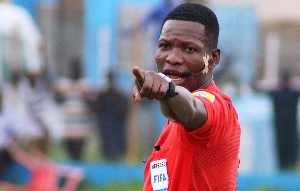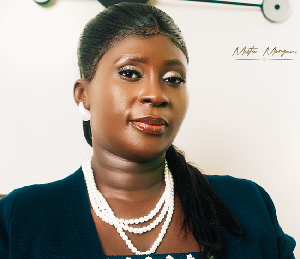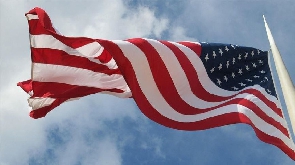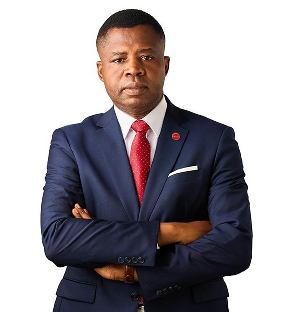This newspaper remains highly unenthused by frantic attempt largely by the critics of the John Mahama led government to entirely foist blame on the government following the unfolding of the Ghc144 million scandal, involving the Ghana Revenue Authority and Subah Info Solutions Ghana Limited.
Subah Info solutions Ghana Limited, a subsidiary of the Jospong Group of Companies, was in the year 2010 contracted by the Tax Agency, Ghana Revenue Authority to provide Telecom Monitoring Trafficking Services for the purpose of collecting the communication service tax on behalf of the Agency. Apart from monitoring the quantity of calls and data trafficking through the mobile telecommunications network, the contract was also to ensure that service providers charged the correct rates and taxes on the quantity of calls transmitted through their system to forestall any form of under declaration on their revenue obligation to the state.
As commendable as the move is, when weeks ago it emerged that Subah Info Solutions Ghana Limited, had ‘dubiously’ earned some Ghc144 million in total, cynics of the National Democratic Congress (NDC) government undoubtedly with inspiration from the opposition New Patriotic Party, have for reasons best known to them formed a protective shield around the owners of Subah Info Solutions and in the process accusing government of victimization. The Minister for Communications, Dr. Omane Boamah has for example not been spared from their bashing, accusing him of working behind the scenes to influence the Ghana Revenue Authority to re-award the contract to another company.
Whiles the good people of this country have every right to know how every penny of the taxes they pay its expended; it is also most appropriate in the interest of nation building for cynics to focus some form of attention on the modus operandi of Subah Info Solutions and her parent company.
For a group which had one of its leading subsidiaries blacklisted in Liberia by no mean organization, than the World Bank for the payment of bribes to Liberian officials to facilitate contract execution and processing of invoices, all right thinking Ghanaians have a responsibility to keep a close eye on the operations of any of the groups subsidiaries in the country.
Thus for a brand tainted with corruption even at the international level focusing on public officials alone is certainly not the surest way go as people. Critics should therefore see in this ‘dubious’ deal a perfect opportunity to effectively tackle the age old structural canker of improper due diligence on the credibility and capacity of entities before the award of such huge contracts.
General News of Thursday, 31 October 2013
Source: Lawrence Gyekye












